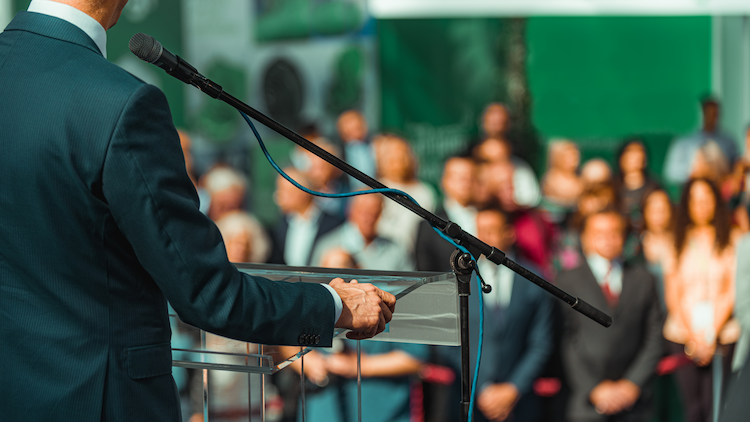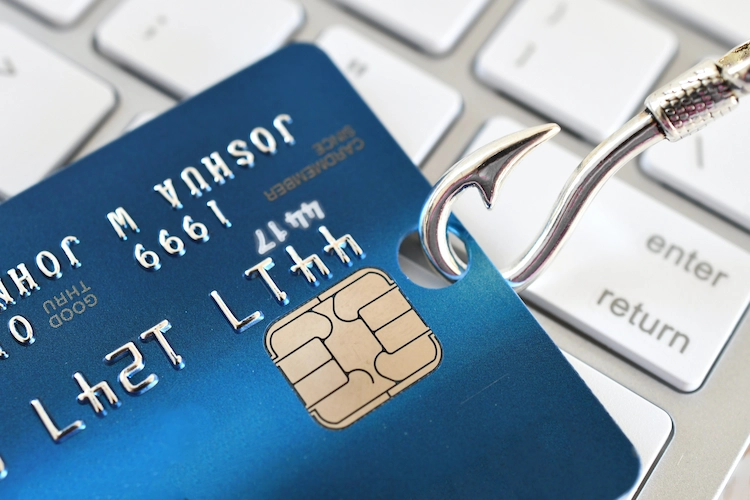Presidential Immunity Under Trump v. United States

In Trump v. United States, 603 U.S. ____ (2024), the U.S. Supreme Court held that a former President is entitled to absolute immunity from criminal prosecution for actions within his conclusive and preclusive constitutional authority. It further found that he is entitled to at least presumptive immunity from prosecution for all his official acts, but there is no immunity for unofficial acts.
Facts of the Case
A federal grand jury indicted former President Donald J. Trump on four counts for conduct that occurred during his Presidency following the November 2020 election. The indictment alleged that after losing that election, Trump conspired to overturn it by spreading knowingly false claims of election fraud to obstruct the collecting, counting, and certifying of the election results.
Trump moved to dismiss the indictment based on Presidential immunity, arguing that a President has absolute immunity from criminal prosecution for actions performed within the outer perimeter of his official responsibilities, and that the indictment’s allegations fell within the core of his official duties. The District Court denied Trump’s motion to dismiss, holding that former Presidents do not possess federal criminal immunity for any acts. It declined to decide whether the indicted conduct involved official acts.
The D.C. Circuit Court of Appeals affirmed. It concluded that the “separation of powers doctrine, as expounded in Marbury v. Madison, 5 U.S. 137 (1803), and its progeny, necessarily permits the Judiciary to oversee the federal criminal prosecution of a former President for his official acts because the fact of the prosecution means that the former President has allegedly acted in defiance of the Congress’s laws.” According to the court, the fact that Trump’s actions “allegedly violated generally applicable criminal laws” meant that those actions “were not properly within the scope of his lawful discretion,” and, thus, Trump had “no structural immunity from the charges in the Indictment.”
Supreme Court’s Decision
The Supreme Court vacated the lower court’s decision. By a vote of 6-3, the Court held that a former President is entitled to absolute immunity from criminal prosecution for actions within his core constitutional authority. It further found that he is entitled to at least presumptive immunity from prosecution for all his official acts, but there is no immunity for unofficial acts. Chief Justice John Roberts wrote on behalf of the majority:
The President enjoys no immunity for his unofficial acts, and not everything the President does is official. The President is not above the law. But Congress may not criminalize the President’s conduct in carrying out the responsibilities of the Executive Branch under the Constitution. And the system of separated powers designed by the Framers has always demanded an energetic, independent Executive. The President therefore may not be prosecuted for exercising his core constitutional powers, and he is entitled, at a minimum, to a presumptive immunity from prosecution for all his official acts. That immunity applies equally to all occupants of the Oval Office, regardless of politics, policy, or party.
The majority first found thatpresidents have absolute immunity for their official acts when those acts relate to the core powers granted under the Constitution. As explained by Chief Justice Roberts, the president has absolute immunity from criminal liability for conduct “within his exclusive sphere of constitutional authority.”
The majority next turned to a president’s other official acts. It concluded that a president enjoys “presumptive immunity” for “acts within the outer perimeter of his official responsibility…unless the Government can show that applying a criminal prohibition to that act would pose no ‘dangers of intrusion on the authority and functions of the Executive Branch.’”
As for a President’s unofficial acts, the Court held that there is no immunity. According to the majority, although presidential immunity is required for official actions to ensure that the president’s decision-making is not distorted by the threat of future litigation stemming from those actions, that concern does not support immunity for unofficial conduct.
With regard to the specific charges against former President Trump, the Court offered guidance in how the lower court should discern official and unofficial acts. To start, the majority advised that immunity extends to the “outer perimeter” of the President’s official responsibilities, covering actions so long as they are “not manifestly or palpably beyond [his] authority.” Moreover, in dividing official from unofficial conduct, courts may not inquire into the President’s motives or deem an action unofficial merely because it allegedly violates a generally applicable law.
Applying these principles, the majority found that because President Trump can’t be prosecuted for conduct within his exclusive constitutional authority, he is absolutely immune from prosecution for the alleged conduct involving his discussions with Justice Department officials, even if the requested investigations were shams or proposed for an improper purpose.
It further concluded that the indictment’s allegations that Trump attempted to pressure the Vice President to take particular acts in connection with his role at the certification proceeding involve official conduct, and Trump is at least presumptively immune from prosecution for such conduct. The Court left it to the lower courts to decide whether the remaining allegations involve official conduct.
Justice Sonia Sotomayor authored a dissent, which was joined by Justices Elena Kagan and Ketanji Brown Jackson. Justice Sotomayor criticized the majority decision’s reasoning as well as its potential ramifications, arguing that if a future president “misuses official power for personal gain, the criminal law that the rest of us must abide will not provide a backstop.”
“Whether described as presumptive or absolute, under the majority’s rule, a President’s use of any official power for any purpose, even the most corrupt, is immune from prosecution. That is just as bad as it sounds, and it is baseless,” Justice Sotomayor wrote. “With fear for our democracy, I dissent.”
Previous Articles
SCOTUS Sides With Employee in Reverse Discrimination Case
by DONALD SCARINCI on July 2, 2025
In Ames v. Ohio Department of Youth Services, 605 U.S. ____ (2025), the U.S. Supreme Court held tha...
Supreme Court Rejects Moment of Threat Doctrine in Deadly Force Case
by DONALD SCARINCI on June 30, 2025
In Barnes v. Felix, 605 U.S. ____ (2025), the U.S. Supreme Court rejected the Fifth Circuit Court o...
SCOTUS Holds Wire Fraud Statute Doesn’t Require Proof Victim Suffered Economic Loss
by DONALD SCARINCI on June 24, 2025
In Kousisis v. United States, 605 U.S. ____ (2025), the U.S. Supreme Court held that a defendant wh...
The Amendments
-
Amendment1
- Establishment ClauseFree Exercise Clause
- Freedom of Speech
- Freedoms of Press
- Freedom of Assembly, and Petitition
-
Amendment2
- The Right to Bear Arms
-
Amendment4
- Unreasonable Searches and Seizures
-
Amendment5
- Due Process
- Eminent Domain
- Rights of Criminal Defendants
Preamble to the Bill of Rights
Congress of the United States begun and held at the City of New-York, on Wednesday the fourth of March, one thousand seven hundred and eighty nine.
THE Conventions of a number of the States, having at the time of their adopting the Constitution, expressed a desire, in order to prevent misconstruction or abuse of its powers, that further declaratory and restrictive clauses should be added: And as extending the ground of public confidence in the Government, will best ensure the beneficent ends of its institution.





